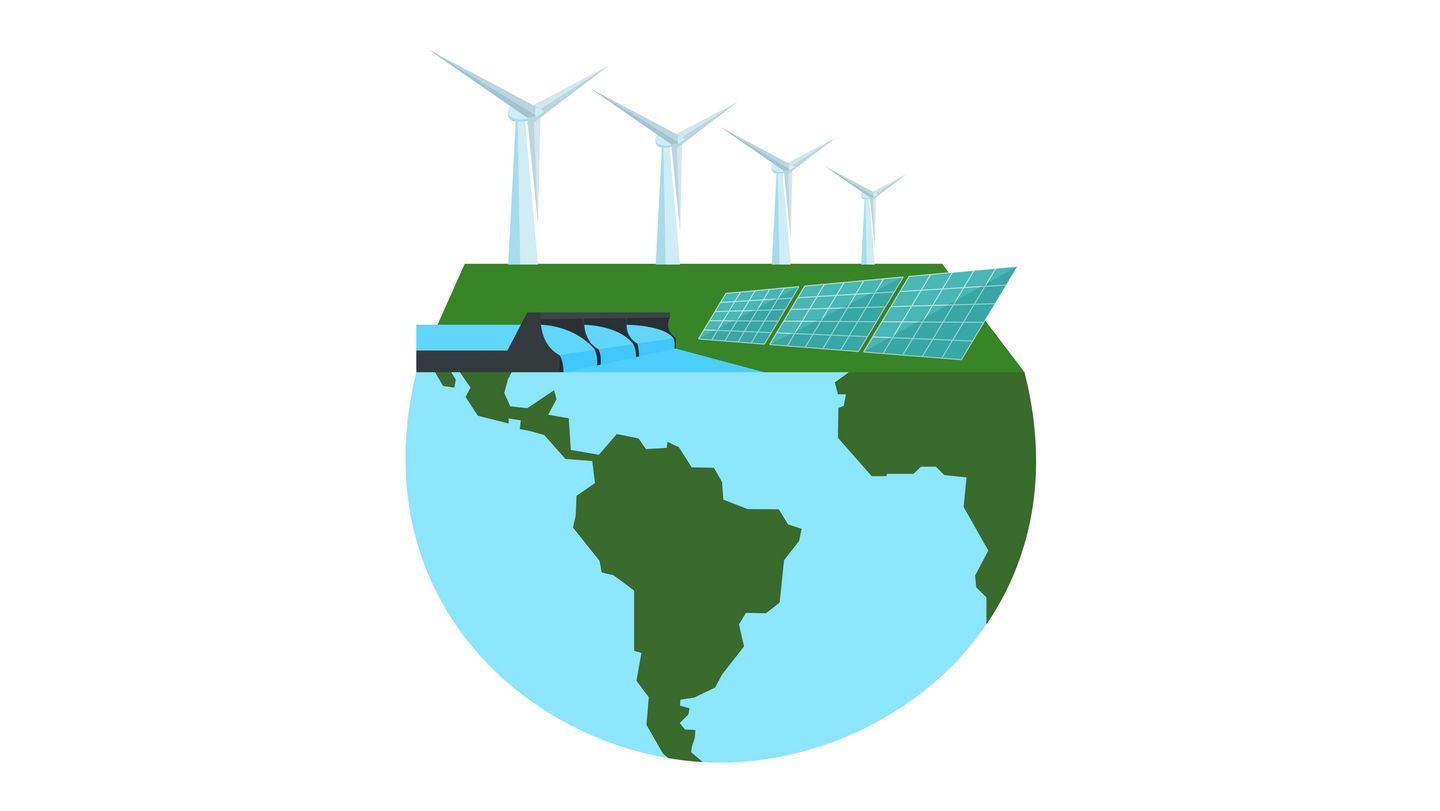Industrial employees in socio-ecological transformation
The project examines the role of industrial employees in the decarbonization of industrial production.

- Project:
Industrial employees in socio-ecological transformation
- Running time
1 April 2025 until 31 March 2027
- HWR Berlin
Department of Business and Economics
- Responsible for the project
Dr Markus Wissen
- Project members from the HWR Berlin
Dr Jenny Simon
Dr Tobias Kalt - Funded by
Hans Böckler Foundation
What motivates you to conduct this research?
An interest in alliances between the climate and labour movements.
What is the starting point?
The industrial policy response to international competition and to the climate crisis is driving a transformation towards decarbonization and “green capitalism”. This process creates considerable potential for conflict, even in those companies working towards climate neutrality through technological modernization. Any assessment of the viability of ecologically modernized capitalism must take into account the constellations of interests, problem perceptions and conflicts on the level of the company and of the shop floor. Our conception of the pressures to which employees are subject must be expanded to include subjective perceptions of the current ecological crisis and their specific relationship to employee’s demands for social justice.
What are the specific goals of the project?
Previous studies suggest that although a clear majority of industrial employees has a distinct awareness of the ecological crisis, they remain sceptical regarding the processes of ecological modernization.
The project aims to shed light on:
- The ways which the ecological crisis and the measures taken to counter it gain significance on the company and the shop floor level,
- The conflicts through which political decisions and social debates on the ecological crisis are translated into company practice
- The perceptions and the agency of those employees who are affected by decarbonization processes
The project team is particularly interested in
- How employees integrate an understanding of current ecological issues into the formulation of their interests
- How they deal with conflicts between competing interests
- The consequences this has for their willingness to participate in the transformation process
- The form and extent to which industrial employees take up the discourse around de-carbonization and link it to their own pursuit of social justice.
How does the project team intend to achieve these goals?
First, the project will work to identifyies the factors above the company level that influence the development of company decarbonization regimes. The main empirical work of the project consists of a comparative analysis of “decarbonization constellations ”, i.e. terrains on which the conflicts around the decarbonization of industrial processes and/or products take place. In so doing so, we apply a range of qualitative methods (expert and narrative interviews, document analyses, participant observation). In particular, we will conduct interviews with employees affected by, or involved in, transformation processes. As part of a multi-stage evaluation process, the material collected will be analysed to determine how the interviewees weigh up their workplace-related interests and ecological concerns against each other or combine them. This will facilitate an understanding of the contested nature of the ecological modernization of production regimes, in terms of social policy, industrial policy, social partnerships and work processes.
Kontakt
Department of Business and Economics
Prof. Dr. Markus Wissen
Institute for International Political Economy Berlin (IPE).
markus.wissen (a) hwr-berlin.de